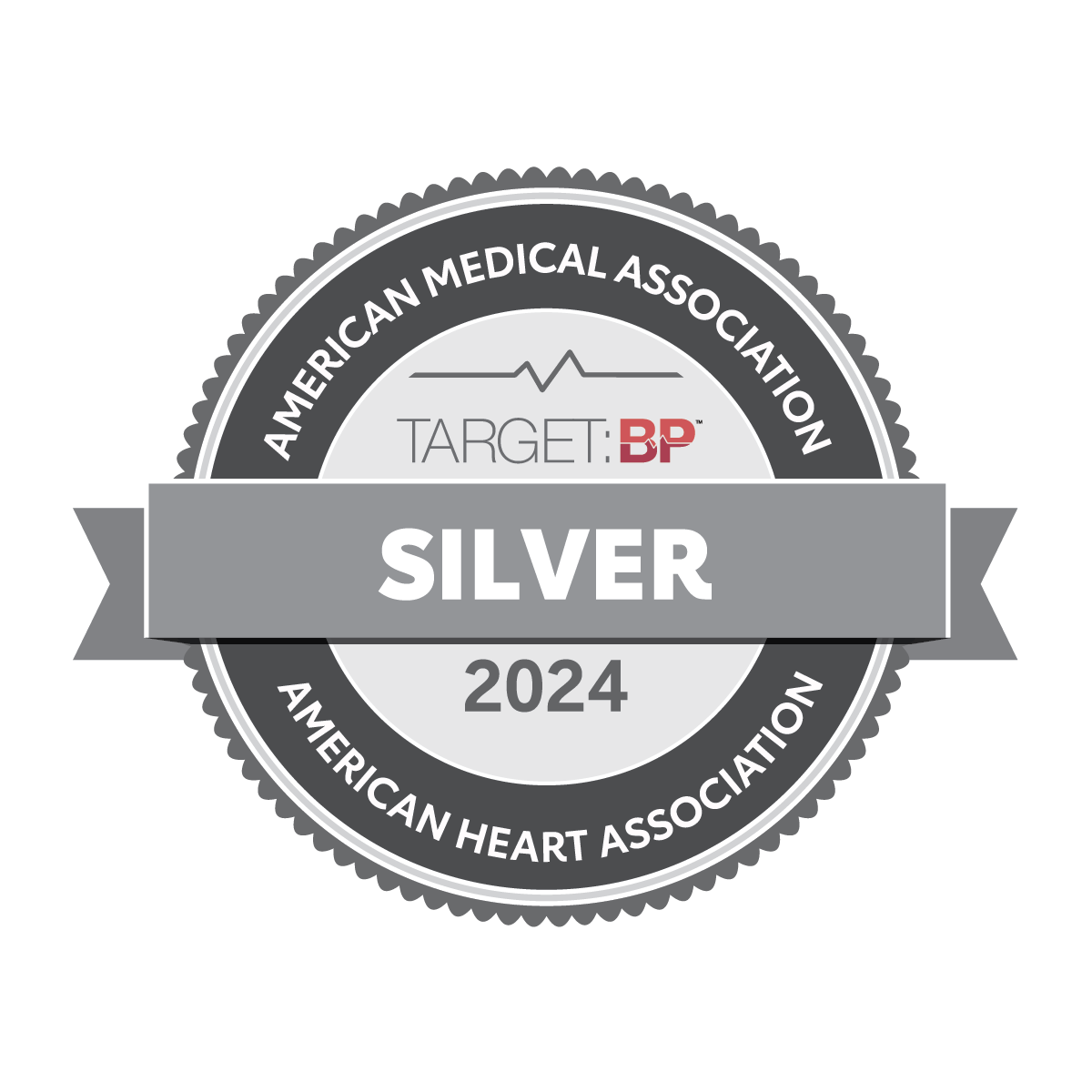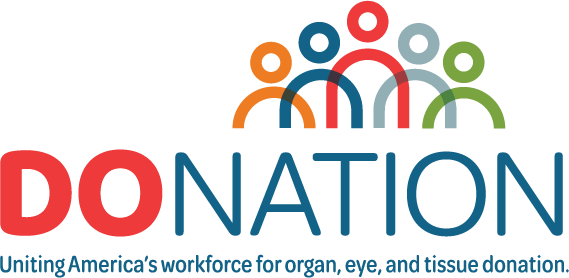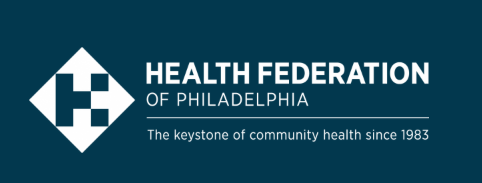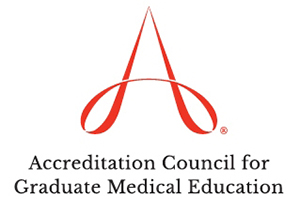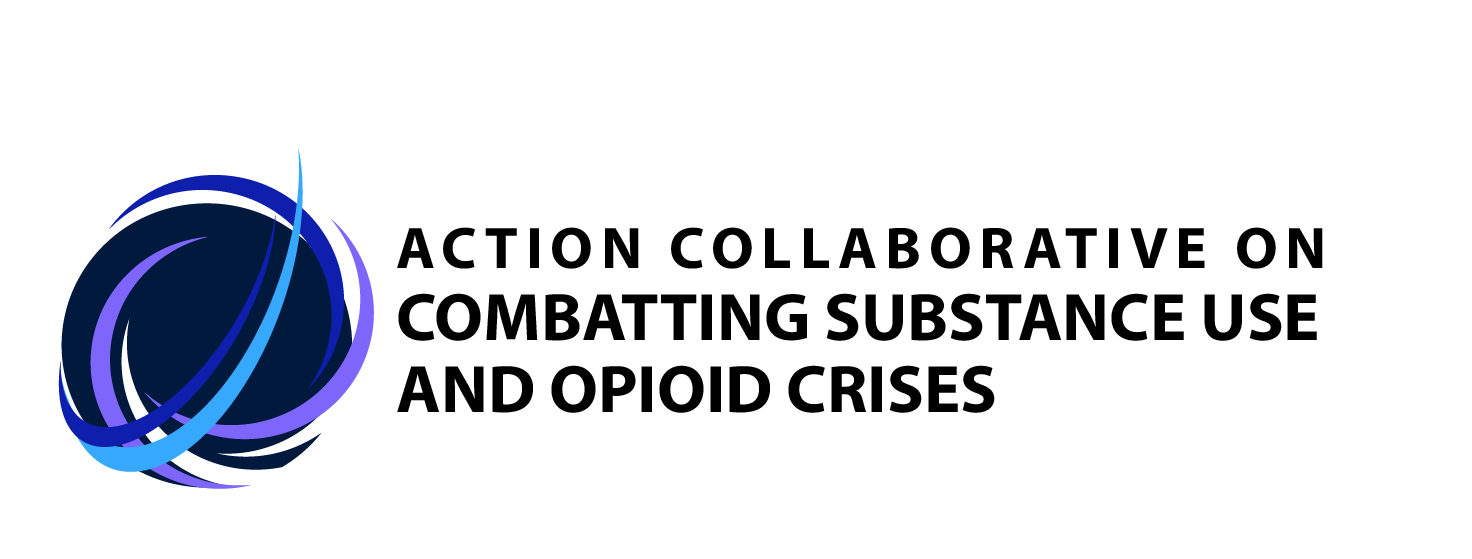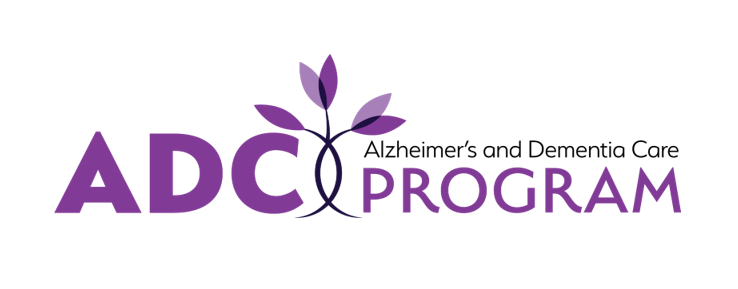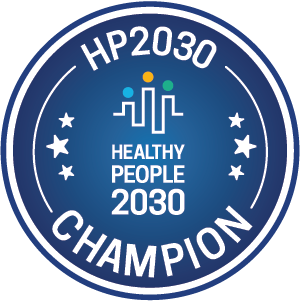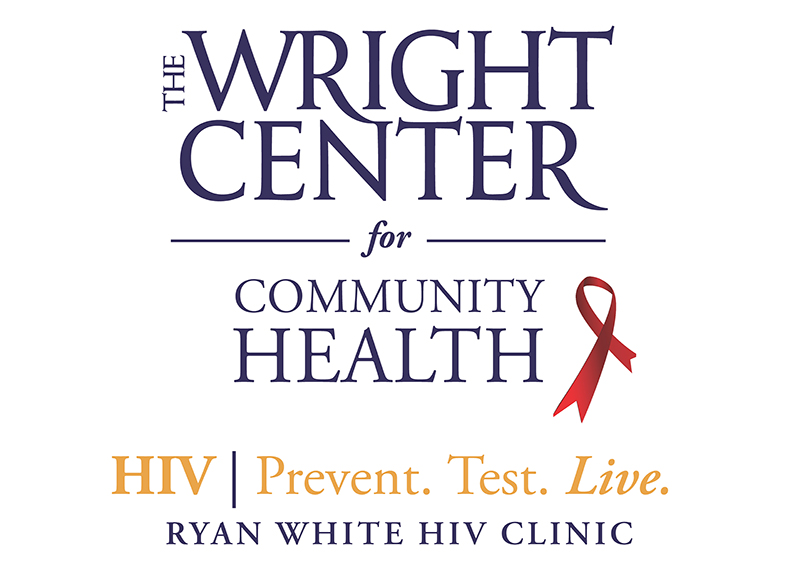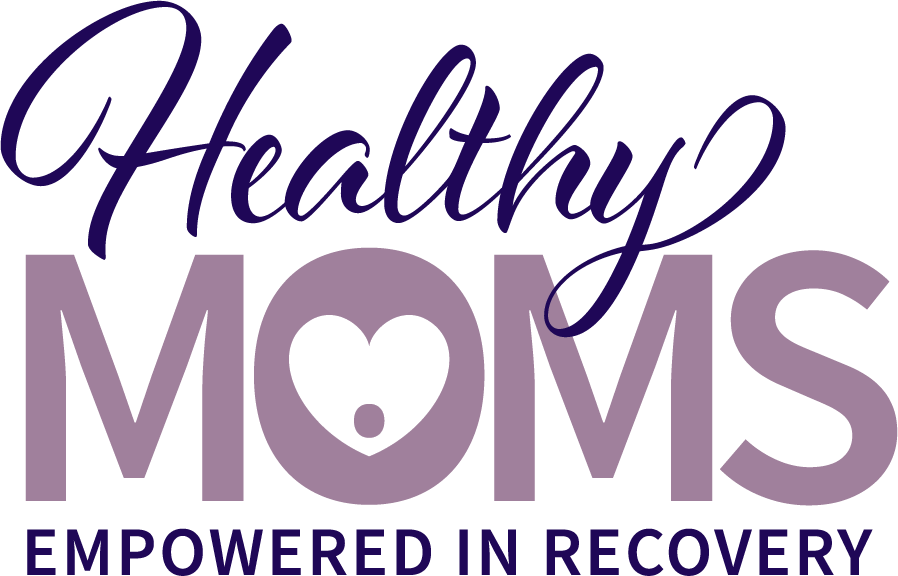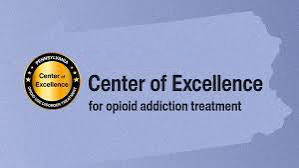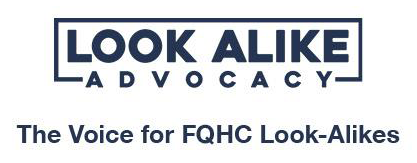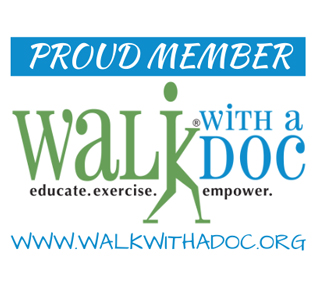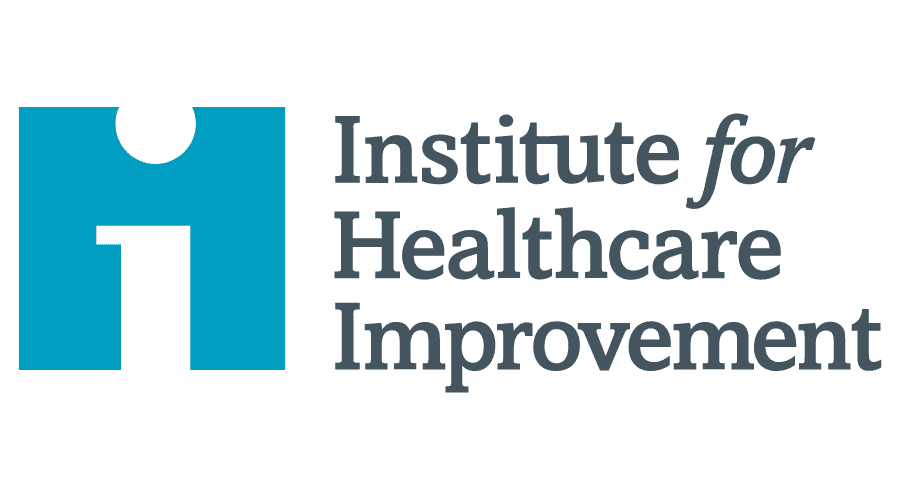Depression screenings proactive form of health care
Preventive screenings are health care at its most proactive. They’re convenient, and they can quickly address and improve an issue well before it gets out of control.
Depression and other mental health disorders are part of this group. October marks National Depression and Mental Health Screening Month. In addition, Mental Health Awareness Week (Oct. 5-11) – established by Congress in 1990 through the advocacy of the National Alliance on Mental Illness (NAMI) – was recently observed, along with World Mental Health Day on Oct. 10.
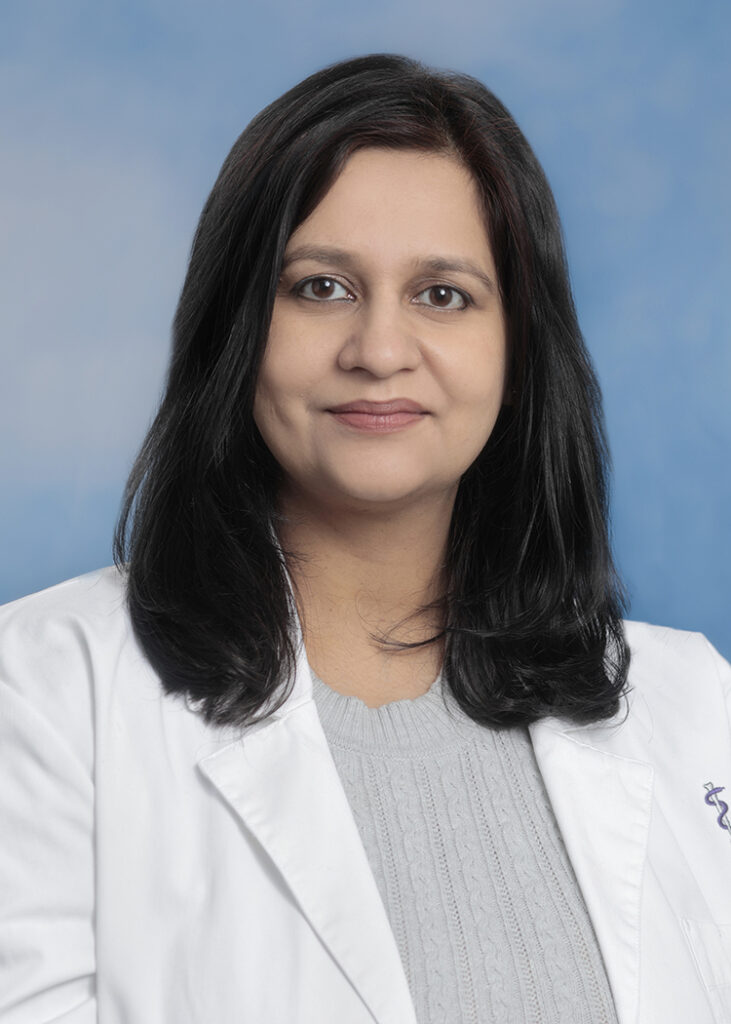
Aditi Sharma, M.D., MPH, is a psychiatrist at The Wright Center for Community Health Scranton, 501 S. Washington Ave. She treats adults who are experiencing depression, anxiety, and other mental health conditions, providing consultations and evaluations to develop personalized behavioral health and medicinal care plans. Visit TheWrightCenter.org or call 570-941-0630 to make an appointment.
This year’s Mental Illness Awareness Week carried the theme “Building Community: Supporting Mental Well-Being Together.” According to NAMI, the focus was on “the power of meaningful connections, grassroots advocacy, and local action to strengthen mental health support nationwide.” It’s an inspiring reminder of how collective efforts can make a real difference.
There’s no question a higher emphasis should be placed on depression screenings, given the disease doesn’t discriminate, affecting men and women of all ages, races and socioeconomic groups. And considering the everyday stresses of modern life, it’s hardly surprising that the rates of anxiety and depression continue to increase each year.
According to a November 2024 brief issued by the U.S. Health Resources and Services Administration’s (HRSA) Bureau of Health Workforce, about 59 million U.S. adults – 23% of all American adults – had a mental illness in 2023, with nearly half of them not receiving treatment. Behavioral health services can be difficult to access due to behavioral health provider shortages, high out-of-pocket costs, coverage gaps, and other factors. The national average wait time for behavioral health services is 48 days, according to HRSA.
Screenings are appropriate for anyone experiencing several of these common symptoms of depression:
- Persistent sadness or anxiousness
- Too little or too much sleep
- Reduced or increased appetite and weight loss or gain
- Loss of interest in favorite activities
- Restlessness or irritability
- Difficulty concentrating, remembering, or making decisions
- Fatigue or loss of energy
- Thoughts of death or suicide
Here at The Wright Center for Community Health, we offer numerous behavioral health services, including therapy, psychological assessments, and psychiatric care, for children, adolescents, and adults struggling with anxiety, depression, ADHD, bipolar disorder, substance-related and addictive disorders, bullying, relationship stressors, trauma, and loss and grief.
Earlier this year, we began participating in a multi-year grant awarded to the Pennsylvania Department of Human Services (DHS) to improve access to whole-person primary health services for people with co-occurring mental health conditions and substance use disorders. The Wright Center is one of multiple primary care sites in Pennsylvania participating in the five-year project to promote the use of collaborative care, an evidence-based model that enhances the coordination of behavioral health services in primary care settings.
We’re also responding to the regional shortage of mental health specialists through the recent hiring of new staff psychiatrists. We are providing office-based remote and in-person psychiatry appointments for patients of all ages, as well as working with colleagues across The Wright Center to continue integrating behavioral health and primary health services to improve overall outcomes.
Our staff is improving accessibility for individuals in underserved and under-resourced areas, reducing barriers to behavioral health care. We’ll keep doing everything in our power to get people the help they need to lead happy, productive lives.

